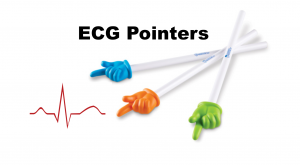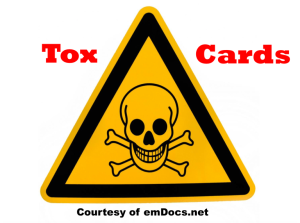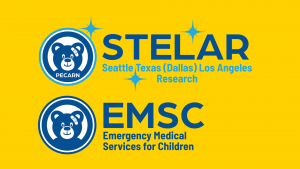Author: Felix Ankel, MD (Vice President of Health Professions Education / HealthPartners Institute, Professor of Emergency Medicine / University of Minnesota) // Editors: Alex Koyfman, MD (@EMHighAK) and Manpreet Singh, MD (@MPrizzleER)
The emergency medicine mindset is a “teaming (Edmundson)” or “systems” mindset rather than an individual one. You will put few pucks in the net for your team wearing figure skates and doing double axels in the corner of the rink. The key is to have your EM team meet their goals during a shift.
Maximizing 10 skills in three domains (resilience, complexity, context) will help you develop systems expertise.
Resilence:
The ultimate goal for many physicians in the twentieth century was autonomy (Reinertson ref). Rather than autonomy, a key competency for 21st century practitioners is resilience (book ref). Four key sub-competencies encompass resilience:
- Values management. What are your values? What are the values of your emergency department? Consider doing the following exercise. Take a list of values off the internet. http://www.barriedavenport.com/list-of-400-values/ Take an hour to narrow down the list to 10 key values. Take another hour to narrow down the list to 3 or 4 core values. Knowing your 3-4 core values will help you reflect upon the many challenges that a shift will provide you in a resilient manner.
- Connectedness. How do you connect with others? Are people drawn towards you? Do you inadvertently push people away? When you speak, do you try to make a point or try to make a difference? Do you maximize a position or elevate a conversation? Are you present? Do you assume good intent? Where do you spend most of your time in the Senn Delaney mood elevator during your shift? (ref) The more connected you are the more resilient you will become.
- Ability to bend. One of the key drivers of resilience is the ability to adapt and innovate. If you do not have an opinion about a subject you have not been doing your homework. If you have not changed your mind after discussing a subject with another you have not been listening.
- Reflective practice. One of the key attributes of resilient practitioners is the ability to reflect. Skilled practitioners are able to reflect in action rather than on action (Schoen). Do you debrief after shifts? Do you journal? Consider being deliberate in your reflective practice.
If you are interested in reading the rest of this and other EM Mindset pieces, please see “An Emergency Medicine Mindset,” a collection evaluating the thought process of emergency physicians. This book is available as ebook and print on Amazon.








